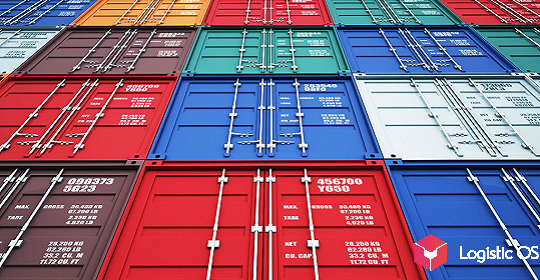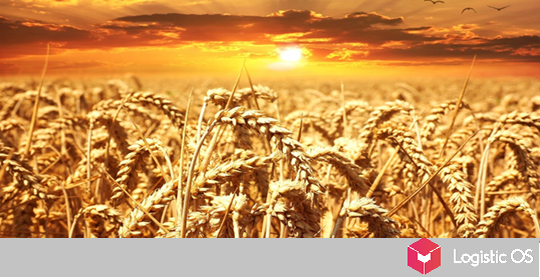Analysts note that recently the volume of import of seeds of the main agricultural crops to Russia has noticeably decreased, while the quotas set by the Ministry of Agriculture have not even been used up.
Experts note that the Ministry of Agriculture set quotas on seed imports a couple of years ago in order to reduce the dependence of Russian farmers on supplies from abroad.
First of all, the restrictions affected the import of seeds from unfriendly countries.
Such restrictions ultimately turned out to be quite effective. It is reported that as of October 14, the volume of sunflower seed imports fell by 2.3 times, compared to the same date last year.
At the moment, the import figure is about 6.5 thousand tons, and of this volume, 4.5 thousand tons come from friendly countries.
It is also important that the mentioned value is significantly less than the established quota, which is 7.5 thousand tons.
At the moment, Turkey remains the largest supplier of sunflower seeds to the Russian Federation, its share is about 50%.
At the same time, compared to 2023, sunflower seed imports from Turkey have fallen by about 2.4 times and currently amount to about 3.2 thousand tons. This may indicate that Russia is generally adhering to the government’s policy of import substitution of seeds of basic agricultural crops.
Imports from countries such as Germany, France and Hungary have also significantly decreased.
At the same time, there are a number of countries from which the volume of sunflower seed supplies has not only not decreased, but even increased.
For example, Serbia’s share has increased from 2% to 17%, to 1.1 thousand tons. Romania’s share has increased to 13%, and the volume of sunflower seed imports from there has increased by 31%.
As for corn seed imports, we see an even sharper decline here.
It has fallen almost 6 times and now practically does not exceed the level of 3 thousand tons. At the same time, about 800 tons come from friendly countries.
For now, Hungary remains the main supplier of corn seeds to Russia. Its share currently amounts to about 50%.
At the same time, the volume of shipments in absolute terms has fallen by 4 times and currently does not exceed 1.6 thousand tons. The import of seeds from Romania, the Netherlands and Georgia has fallen significantly.
Finally, the volume of rapeseed imports has fallen by 2.4 times compared to last year and amounted to less than 1.5 thousand tons, while the quota is 2 thousand tons.
The main supplier here is Germany, but the volume of imports from there has fallen by 2.6 times, to 1 thousand tons.

